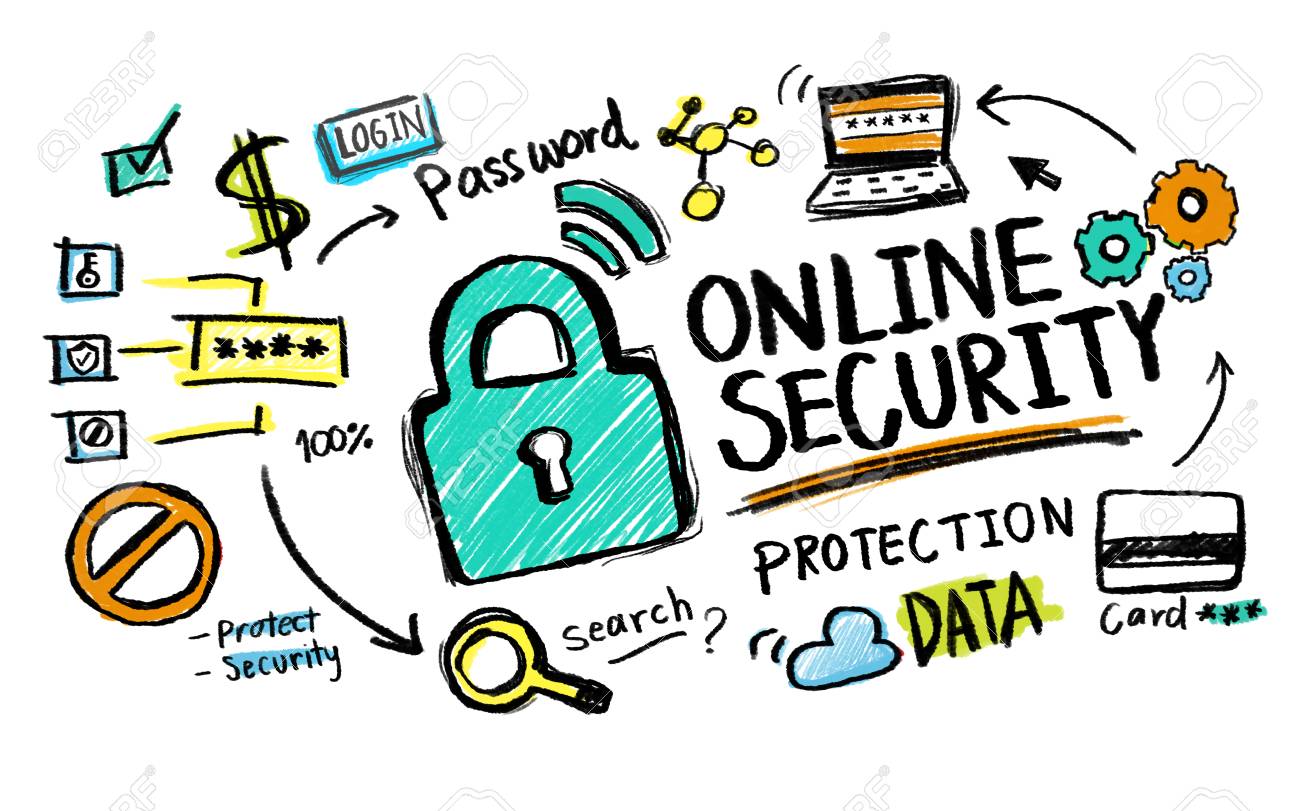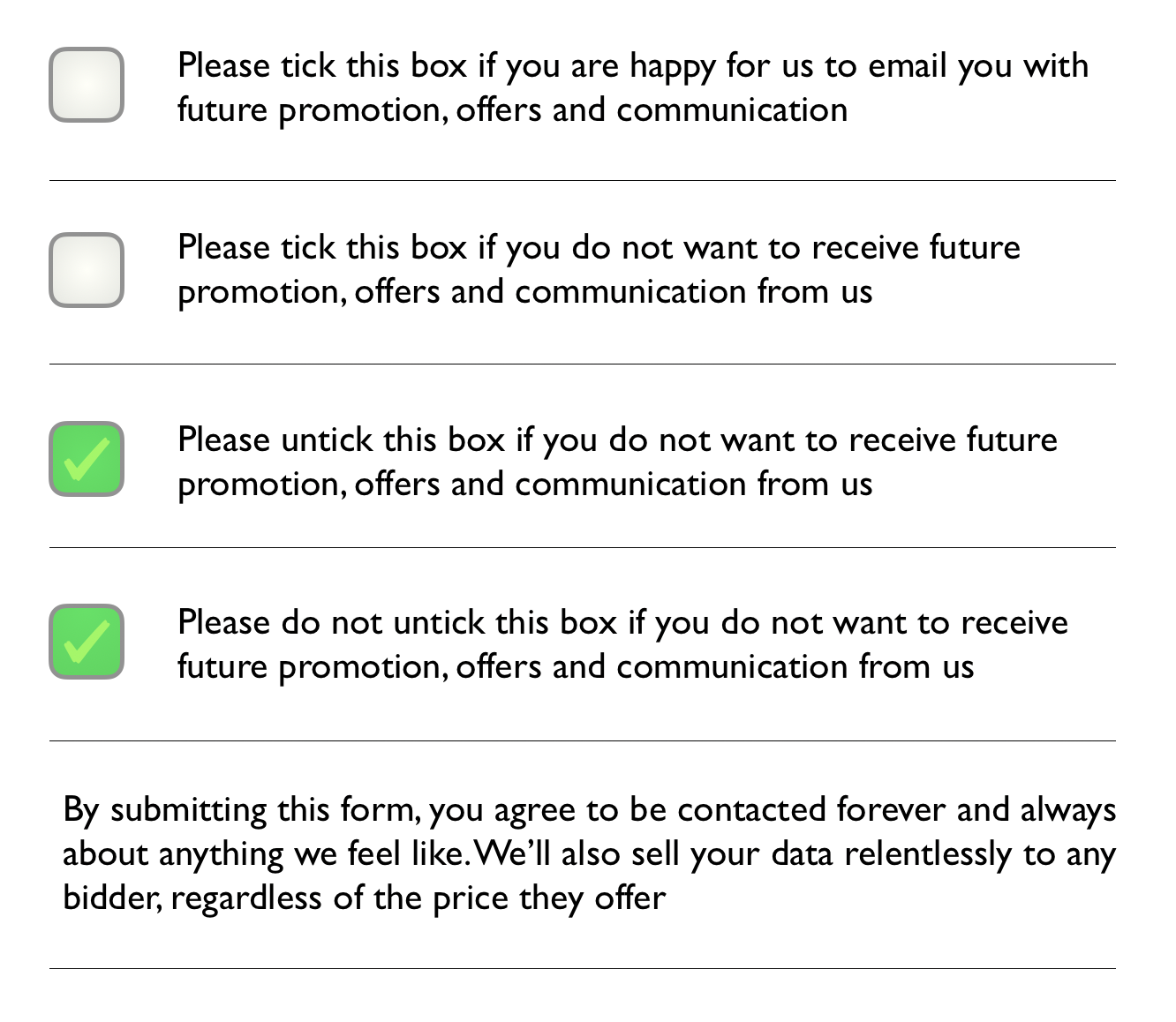
In our interconnected world of computers, phones, gaming consoles and other electronic devices that require a constant online presence, people have become somewhat blasé towards security and personal expression. This has given rise to such characters as internet ‘trolls’ – unpleasant individuals who harasses others in response to the other peoples’ opinions or even just their participation online, and scammers – unscrupulous individuals who try to steal protected data for monetary gain, or outright steal your money. It is therefore essential that you know how to guard yourself against these threats.
Below are some top tips to ensure you’re protected while living online:
Don’t use lazy passwords
This is quite possibly the most important tip we can give you. Make sure that your password is not easily guessed, which means avoiding a middle name, pet’s name or favorite football team or common words like password, computer or biscuit. Also, include capital letters, numbers and punctuation for extra security. Never use the same password for different accounts, to prevent people from accessing all your accounts if they manage to get into one. If you do get hacked, make sure you change your passwords immediately.
Be careful what you post online
There’s a common saying that everything is public and permanent on the internet. Being careful what you post serves multiple purposes. Make sure not to post personal details on public forums (like full name, address, bank details etc) Don’t share holiday plans openly, since that can leave you vulnerable to burglars. Also, many employers nowadays google prospective employees before hiring, so don’t post anything that could damage your chances of getting a job. Finally, avoid posting ‘private’ photos online to strangers, so you can avoid being blackmailed for money or worse.

If you are a victim of cyberbullying, do not answer back
Have you ever heard of the saying, ‘don’t feed the troll’? This is the perfect attitude to have when dealing with online abuse. No matter how nasty it gets, you’re much better off not responding directly. Simply report the abuse to people who are paid to monitor these types of behaviors and let them deal with it.
Never open email attachments or click on links from strangers
Most viruses are spread by people clicking on attachments and links from strangers. Don’t be one of them. If you don’t know who the email is from, don’t open it or anything attached to it. As a general rule, it’s better to delete the whole email without a second thought.
Watch out for email scams
Scamming emails are very common, and can range from the very poorly worded and obvious Nigerian ‘prince’ that wants to send you money, to the more subtle fake company emails looking for your personal information. This second type is called phishing. If you receive an email from an official company like Ebay, Paypal or even your bank saying that there’s a problem with your account, get on the phone to them and confirm. A very glaring warning sign is if the email asks you to enter your username and password into a portal – banks and other companies will never ask this.
If you’re doing online banking, use all the banks security recommendations
Almost every bank these days takes online security very seriously, and have robust protocols like 2-step authentication to protect your account online. Make sure you always set these up and keep the details safe.

Read the small print
When you sign up for any kind of online account, make sure you read their terms and conditions properly, especially the parts where they ask if you want to receive further information or promotional material from third parties. Only fill the mandatory boxes, marked with an asterisk (*) and make sure you’ve ticked/unticked the correct boxes before finalizing the process.
Use a firewall, anti-virus program and anti-spyware program
It doesn’t matter if you use Windows’ own firewall protection or a third-party like Norton or McAfee. Just make sure you don’t use both at the same time since they can interfere with each other.
In our next article, we’ll look at firewalls, anti-viruses and other Cybersecurity programs in greater depth. Until then, share your thoughts in the comments below and remember to stay safe.
